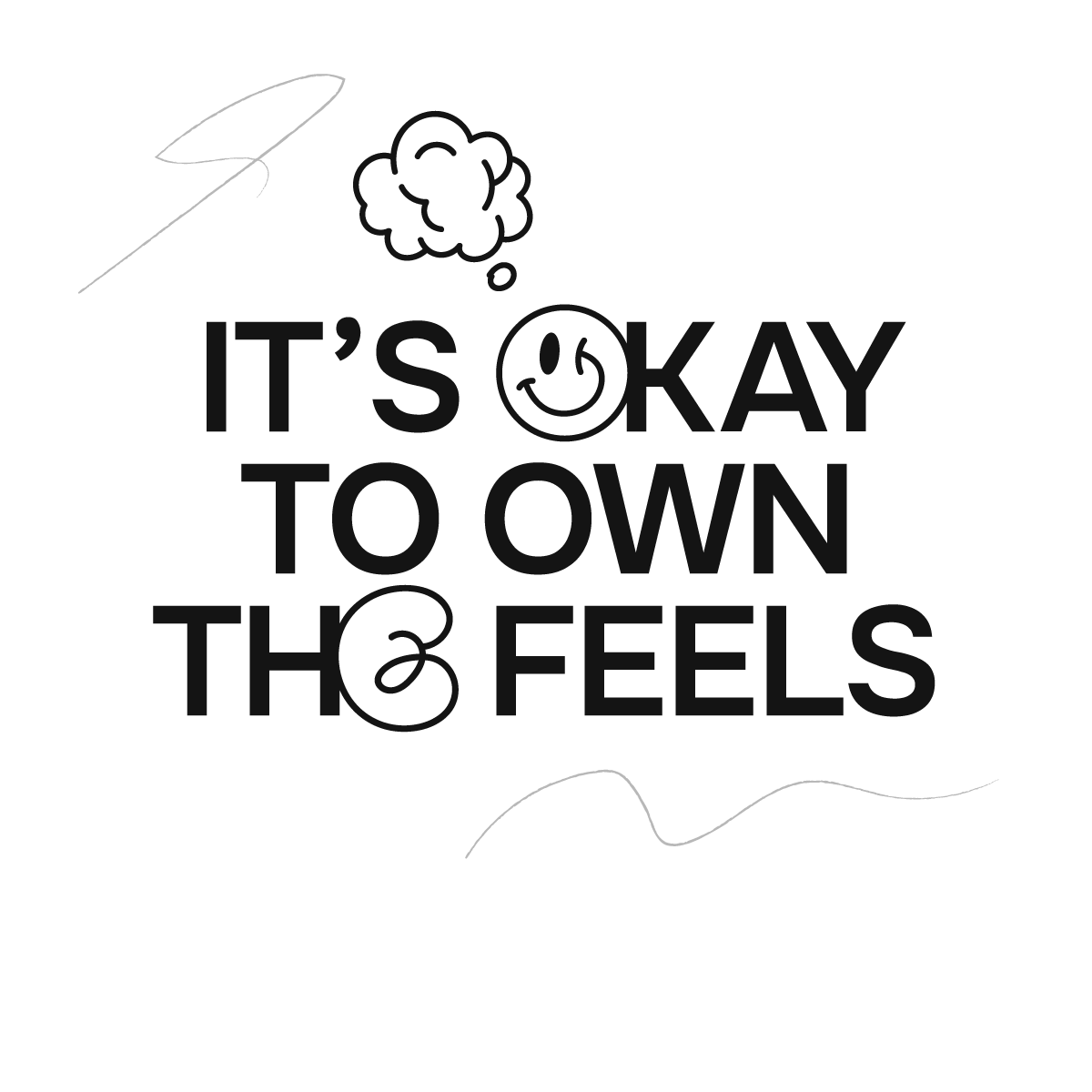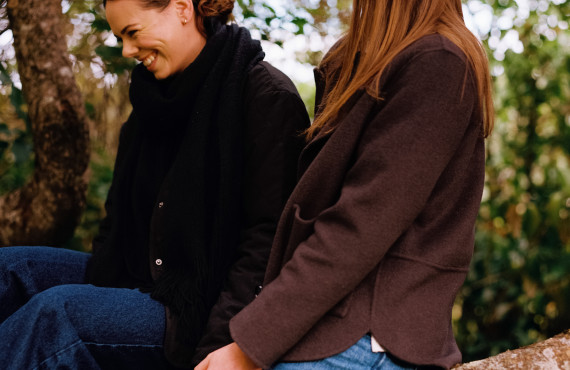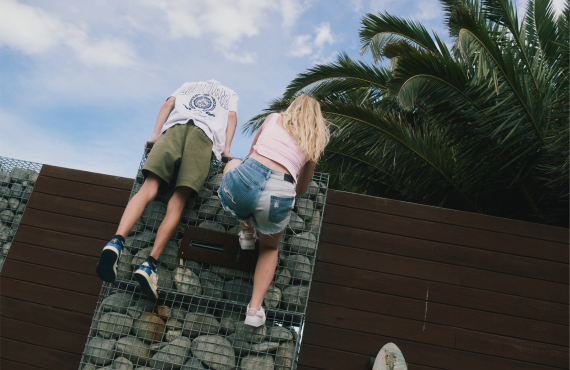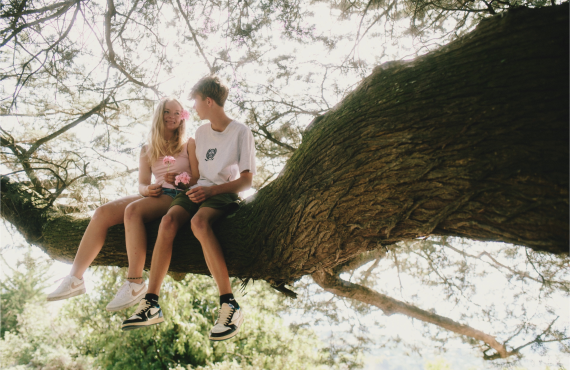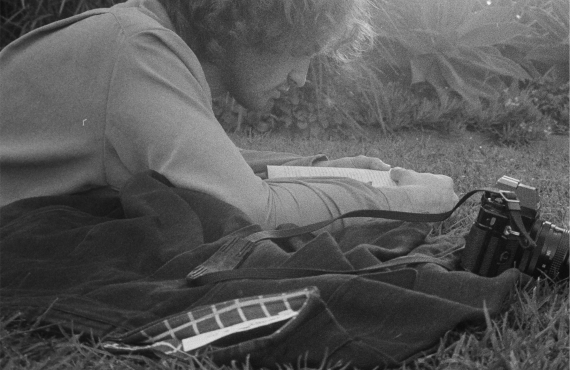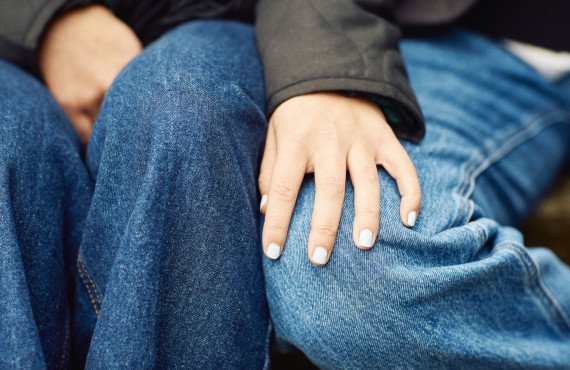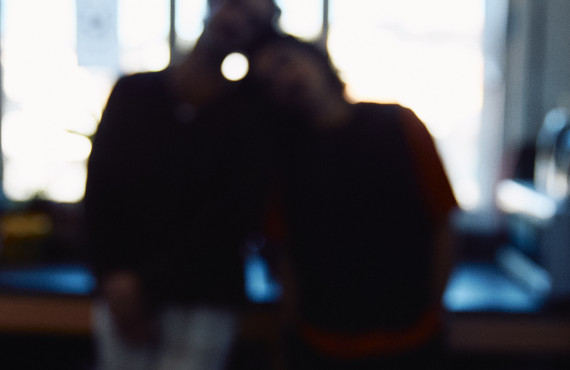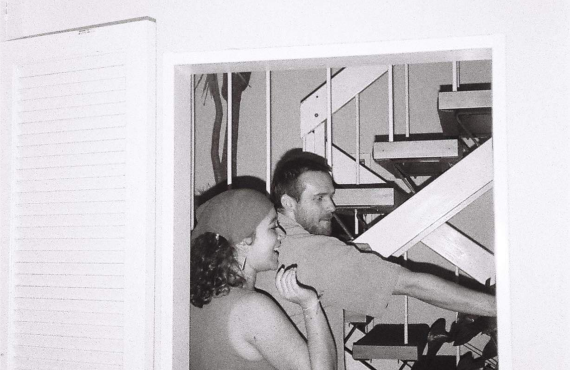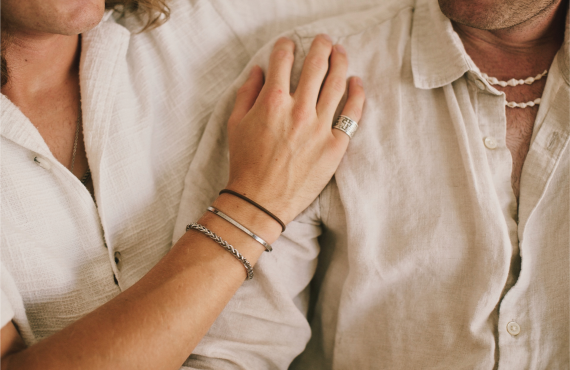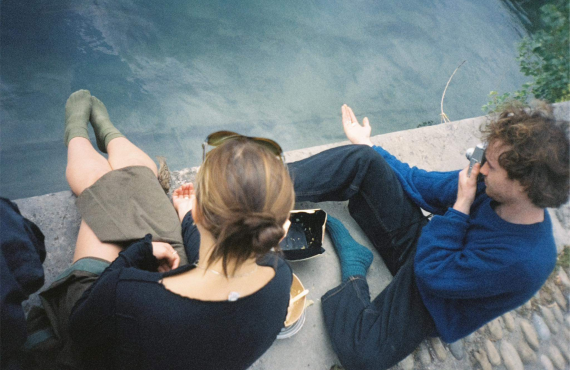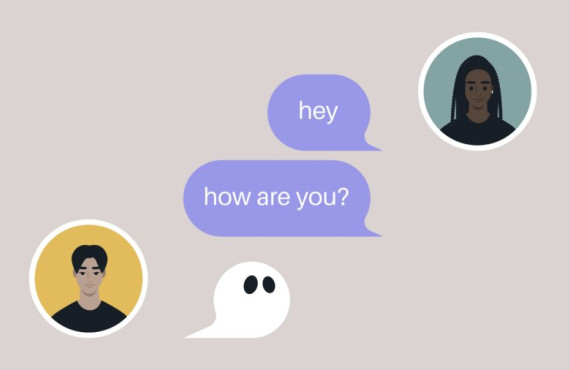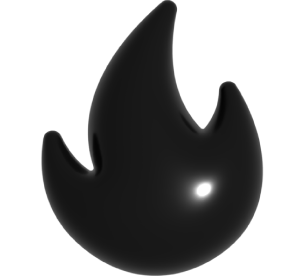How I found love as a queer migrant
By Joe Lim
As a gay, ethnic, migrant in beautiful Aotearoa, I don’t know how to talk about my romantic feelings. In contrast to the colourful and expressive nature of our rainbow flag, I lack the courage to fly so brightly.
I ran away from an oppressive environment to settle in Aotearoa. It was my golden ticket to be reborn and to live in a seemingly free country where I could be myself. Growing up in conservative Malaysia, as an ethnic Chinese gay man, I learned to conceal who I am early on.
I remember my first love just like everyone does, but unlike most people, mine was tainted with secrecy – unable to share my joy, sorrow, and anger with the ones closest to me. I remember grieving my first love, but I could never have shared that with my family and my friends. I was not out at that time, so I learnt to internalise a lot of my own emotions. It wasn’t healthy.
But here I had a new life, where I decided hiding myself was not what I wanted anymore. I made friends, I studied, I worked, and I loved my freedom. I was proudly out and queer, without the constraints of my family back home. The half-out gay ethnic migrant man, with a foot in 2 worlds, is a cliche. I am just like Gao Wai Tung in Ang Lee’s The Wedding Banquet.
The initial freedom that I felt in Aotearoa was in direct contrast with the local online gay dating scene. In these spaces, I was constantly being reminded by others of my ethnic identity. I was told many times that I wasn’t as desirable as others because of my skin colour. The funny thing about ‘mainstream’ cis gay male culture is – you have to adhere to a particular standard. I called it the hierarchy of desire.
In this hierarchy, I am ugly, undesirable, and subjected to constant judgment. I came here to find love and freedom; instead, I found fear, bullying, and racism. My self-worth plunged to a new low, constantly being vilified by others on these online platforms.
Then I started to verify my desirability through a string of casual hookups. It wasn’t as pleasurable as I wanted it to be. If anything, it destroyed my confidence even more – because when it comes to sex, my ethnic identity is often desirable through a lens of exoticism and racialised fetishism. And when it comes to dating and long-term relationships, my ethnicity becomes a hindrance. This conflicting messaging is still prevalent on these platforms these days.
It took a lot of work and self-care to understand that this “undesirability” is not on me. It is in the eyes of the beholder. And the eyes of the beholder are clouded with systemic manifestations of racism that render my gay ethnic self as grotesque and as an object. This dating culture, which is a product of our racialised fear, left me condemned and confined.
Fast forward to me in my thirties: I found love, and I am happily married. This is not without a long line of fights, fears and broken hearts along the way. I still feel helpless for being stuck in this web of racism, gender confinement, and (un)desirability. But thankfully I have a partner in crime to go through the roller-coaster with me. There’s power in solidarity.
Finding love as an immigrant amidst the racism in Aotearoa is possible. You just need to learn how to love yourself. To love the things you never felt you were allowed to in your home country.
The only affection we need is from ourselves. The only voice we need to honour is the one within us too. Don’t let others define your worth. The path is yours to choose, and sometimes choosing to be brave or to be defeated lies within a millisecond of thought-switching.
To all my beautiful rainbow whānau out there; we are beautiful, and we deserve to love and to be loved too. If anyone tells you otherwise, they’re not worth listening to.
